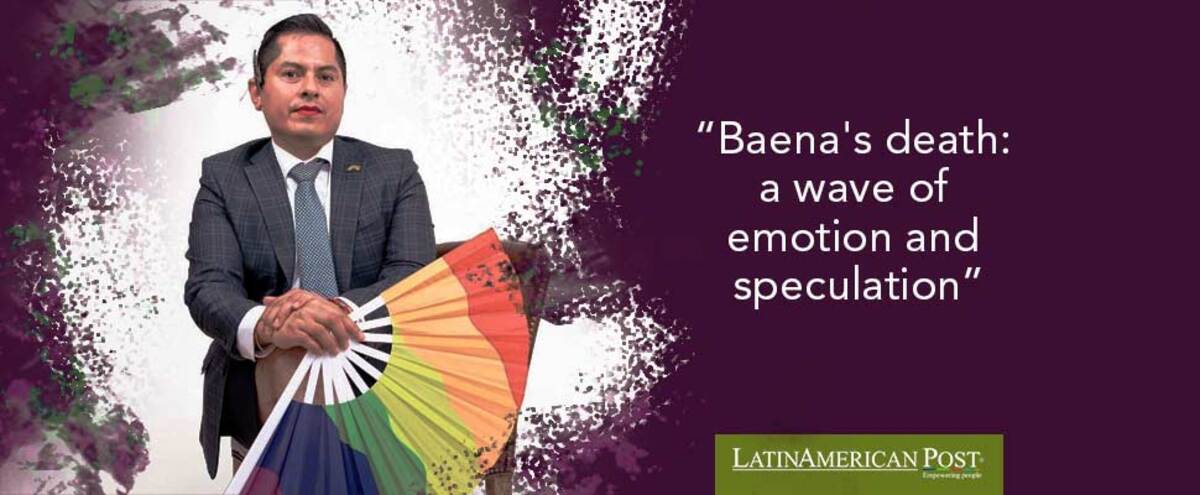Rethinking Rushed Judgments in Mexico’s Ociel Baena’s Tragic Death
In the wake of Ociel Baena's death, rights groups hastily attributed it to their gender identity, overlooking evidence suggesting a personal tragedy, not a hate crime.

Photo: LatinAmerican Post
The Latin American Post Staff
Escucha este artículo
Leer en español: Repensar los juicios apresurados sobre la trágica muerte de Ociel Baena en México
Unveiling Ociel Baena's Tragedy
The tragic demise of Ociel Baena, a prominent non-binary Mexican activist, has sparked a wave of emotion and speculation, particularly among rights organizations and the LGBT+ community. While their death is undoubtedly a significant loss, the immediate attribution of their demise to gender identity or activism by some groups may be premature, especially given the emerging evidence pointing towards a personal tragedy.
Baena, who was a vocal and visible figure in the Mexican LGBT+ community, was found dead with their partner Dorian Daniel in their home in Aguascalientes state. Aguascalientes chief prosecutor Jesus Figueroa's statement that Baena suffered 20 lacerations from a shaving razor, including a potentially fatal one to the neck, and that Daniel may have committed the murder followed by suicide paints a picture of a complex personal relationship ending devastatingly.
The rush to frame Baena's death within the narrative of a hate crime, while understandable given the challenges faced by the LGBTQ+ community in Mexico, may not align with the facts of this specific case. Recognizing that individual tragedies can occur in any society, regardless of their broader societal issues, is essential.
Navigating Activism's Lens
In the realm of activism, especially when dealing with sensitive issues like gender identity, there's a tendency to view every incident through the lens of the broader struggle. While often valid, this perspective can sometimes lead to hasty conclusions that may not reflect individual circumstances. In Baena's case, the immediate assumption that their death was a direct result of their gender identity or activism overlooks the personal dynamics that may have led to this tragic outcome.
Also read: Mexico's First Openly Non-Binary Magistrate and LGBTQ Rights Champion Found Dead
This isn't to diminish the real and pressing issues of violence and discrimination faced by the LGBT+ community in Mexico and around the world. However, it's crucial to approach each incident with a balanced perspective, allowing for a thorough investigation before concluding.
Contextualizing Within Broader Trends
Moreover, the response to Baena's death highlights a broader trend within the 'woke' movement, where incidents are quickly framed within a specific narrative. While this approach often stems from advocacy and a desire for justice, it can sometimes lead to oversimplifications that don't fully capture the complexities of individual experiences.
The need for sensitivity and respect in dealing with such incidents cannot be overstated. Baena's death should be a reminder of the importance of understanding the multi-dimensional nature of human relationships and experiences, particularly in marginalized communities. It's a call for a more nuanced approach to activism, one that considers individual circumstances while continuing to fight against systemic injustices.
In conclusion, while the grief and outrage over Ociel Baena's death are understandable and justified, it's essential to allow space for a comprehensive investigation into their tragic demise. Jumping to conclusions serves neither the memory of Baena nor the broader cause of LGBT+ rights. As we mourn their loss, let's also commit to a balanced and thoughtful approach to understanding and addressing the challenges faced by the LGBT+ community.





